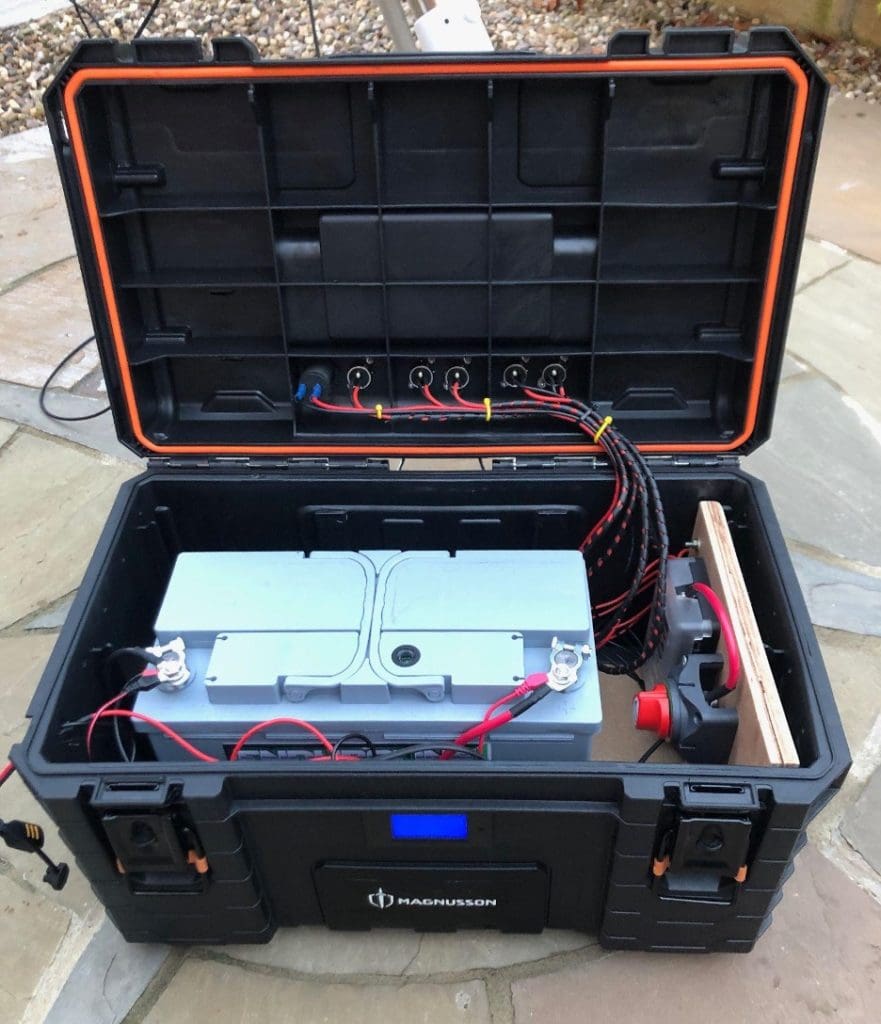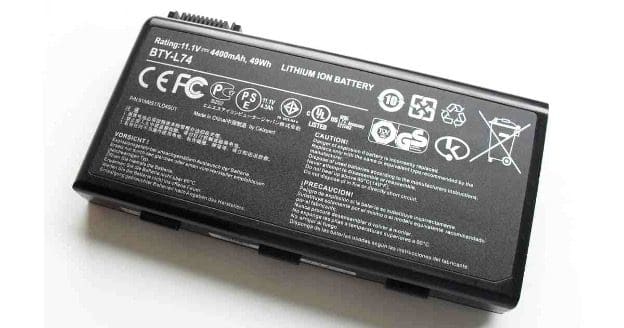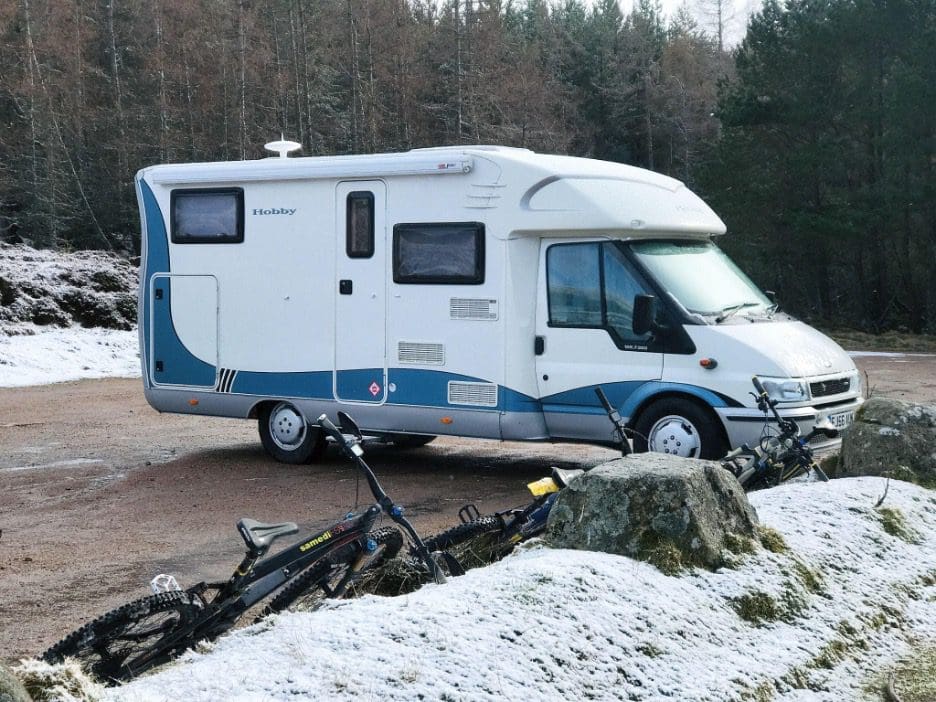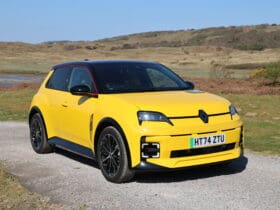Each manufactured house needs a leisure battery to provide continuous electricity to the living quarters in the event of a power outage. Our beginner’s guide to motorhome leisure batteries will teach you all you need to know about battery systems and help you choose the finest batteries for your van, regardless of whether you have a diesel or gas motorhome.
Several home comforts would be nice to have when traveling, such as access to power outlets, a television, and audio inputs. If you enjoy camping away from civilization and EHU (electric hook-up), you’ll need a reliable power supply, if for no other reason than to keep the lights on as night falls.
But if you succeed, you’ll unlock much greater potential. If you follow our buying tips, you can use a leisure battery setup to run your speakers, gadgets, fridges, laptops, and even your washing machine and e-bike.
But what is a leisure battery? Let’s first talk about it.


What is a Leisure Battery?
A deep-cycle leisure battery, sometimes called a “home battery,” is designed to discharge a relatively small and consistent current for a long time.
Recreational batteries, which are typically bigger and have denser active material than engine batteries, can withstand repeated charging and discharging throughout their lifespan. Some deep-cycle batteries can be discharged to as low as 80% DoD before being completely drained and needing to be recharged.
Specifications for Leisure Batteries
Assume you have a deep-cycle battery with the following specifications:
At 80% DoD, 120Ah at 20 hours is rated for 1000 complete cycles.
What are all those numbers and abbreviations supposed to mean?
The capacity of the battery
The Amp-hour (Ah) defines battery capacity and shows how much electricity it may produce for a certain time.
A 120Ah battery capable of producing 6 amps for 20 hours (120/20 = 6). Deep cycle batteries have a discharge time of 20 hours.
To determine if the amp hours will be sufficient, add all the amps for each device or appliance that will be used at the same time. The amps may be calculated using the following formula: watts/volts = amps.
It’s a primitive method of calculating battery draw, but it won’t tell you how long the battery will survive. This handy calculator can help you figure it out.
The larger the battery capacity required, the more appliances you wish to power. Our present RV has 220ah in two batteries, and our new excursion vehicle has 420ah in three batteries.
The Discharge cycle
The discharge cycle of a battery describes how many times it may be drained and charged without diminishing performance or capacity.
The phrase “1000 complete cycles” merely means that it may be charged and discharged 1000 times. The greater the battery life, the more complete cycles there are.
Deep cycle batteries often last five to six years if properly cared for and maintained. Gel and lithium batteries have a ten-year lifespan.
Discharge Depth
The depth of discharge of a battery specifies how much of its capacity may be safely depleted before it must be recharged.
Deep-cycle batteries discharge more energy. A DoD of 80% shows that the battery can drain down to 20% of its capacity.

So, how do you know what is the best leisure battery for a Motorhome? Let’s explore.
Best Leisure Battery For Motorhome
Choosing Lithium-ion batteries is a sensible choice. Let’s talk about why that is.
Lithium Batteries
The lithium iron phosphate battery (so named because it uses the metal iron in its chemistry) is a relative novelty when compared to lead acid battery variations, and for many, the LiFePO4 12V lithium ultra-deep cycle battery is regarded as the ideal leisure battery to suit, money allowed!
A lithium battery is 30% lighter than a flooded cell battery and has an 80-100% usable capacity. A lithium leisure battery will also maintain a steady voltage regardless of the discharge rate. They also have the fastest recharge rate and the longest longevity, lasting between 2000 and 5000 charge cycles.
Lithium-ion batteries, often known as Li-ion batteries, are used to power cell phones, laptop computers, e-bikes, and hybrid and electric vehicles. They function slightly differently from Lithium-ion batteries, hence the unusual name.
Lithium deep cycle batteries are lightweight, small, and maintenance-free, with high useful capacity, quick recharge rates, and stable voltage. The disadvantage is that lithium leisure batteries are significantly more expensive, around three times the price of AGM batteries, and require a battery management system (BMS), which raises the entire price though newer models have this built-in and come as part of the battery.


Maintaining your leisure battery
To maintain your leisure batteries in peak condition for as long as possible, take care of them and conduct any continuous maintenance.
How long do recreational batteries last?
Leisure batteries lose performance with time, thus they are unlikely to last over five years. It’s critical to do the following to give it the best chance of lasting as long as possible:
- Apply a small coating of Vaseline or lubricant to the battery connections.
- Check that the gas relief tube is properly and securely installed regularly.
- Use high-quality clamps to keep it in place and prevent rusting on any steel surfaces.
- Check the electrolyte level on the battery’s lead plates regularly. If it does not, be sure you replenish it with deionized water.
- Never leave the battery entirely discharged or uncharged. For recharging, remember to follow the ‘below 50%’ guideline.
When not in use, utilize a trickle charger to prevent the leisure batteries from entirely losing charge when idle.
Final Words
When you own your camper or motorhome, you’ll need to understand the significance of leisure batteries.
So, whether you’re wondering how to charge a leisure battery on a caravan, what one is, or what size battery you need for your motorhome, this material covered the fundamentals and walked you through all you needed to know about motorhome leisure batteries.









Leave a Reply
View Comments